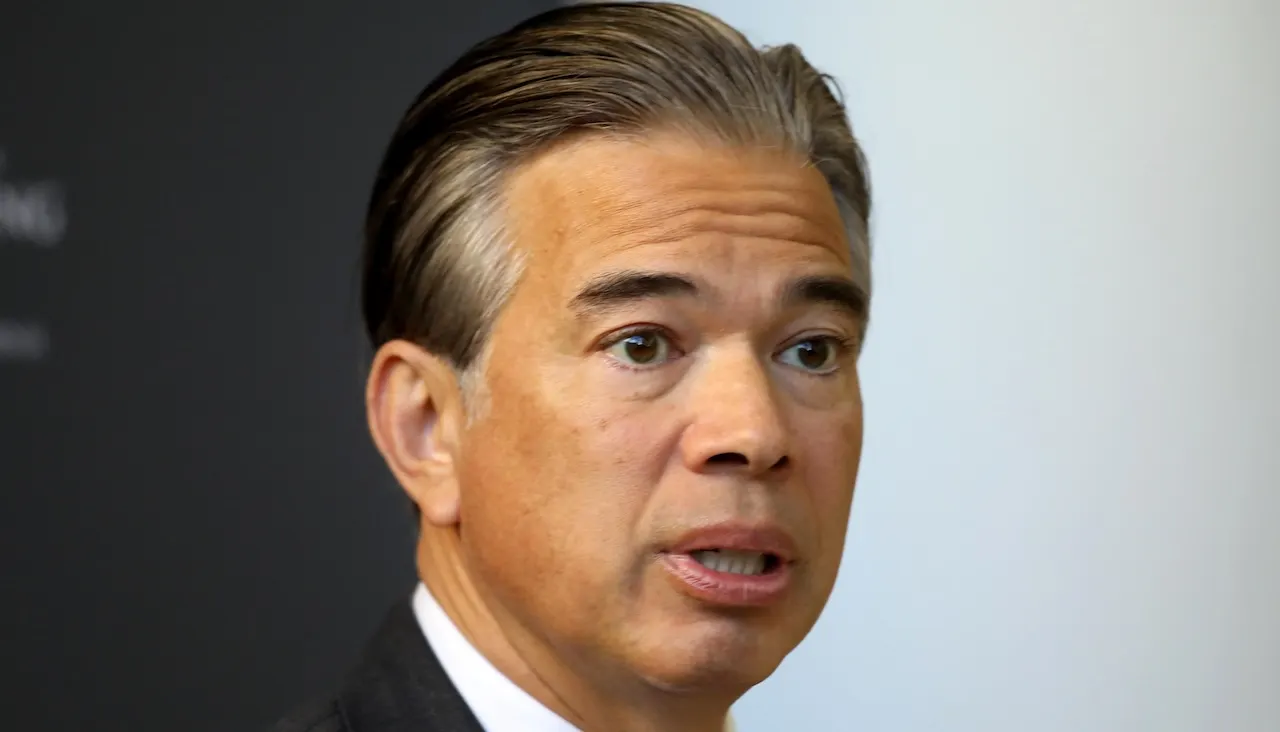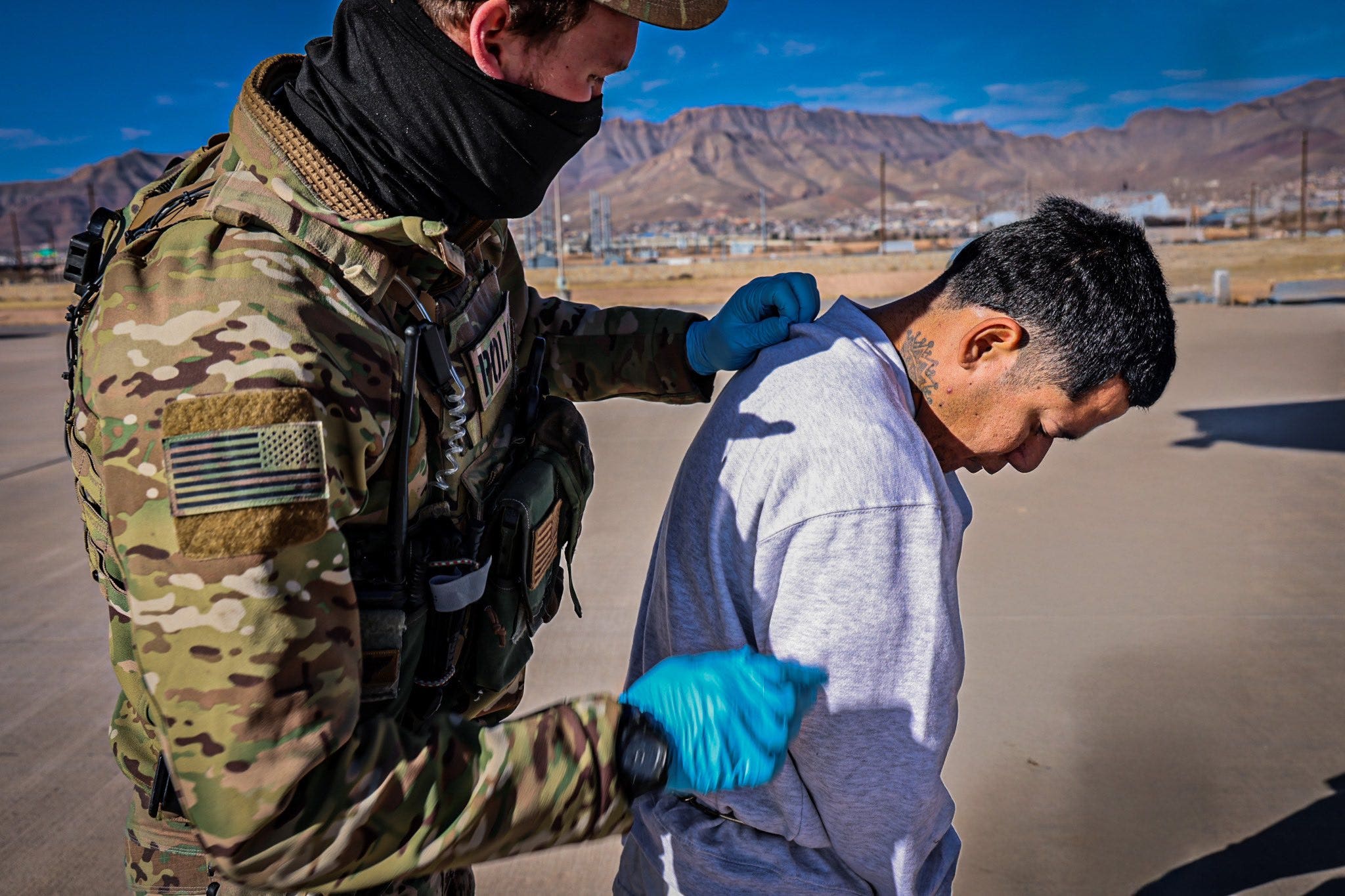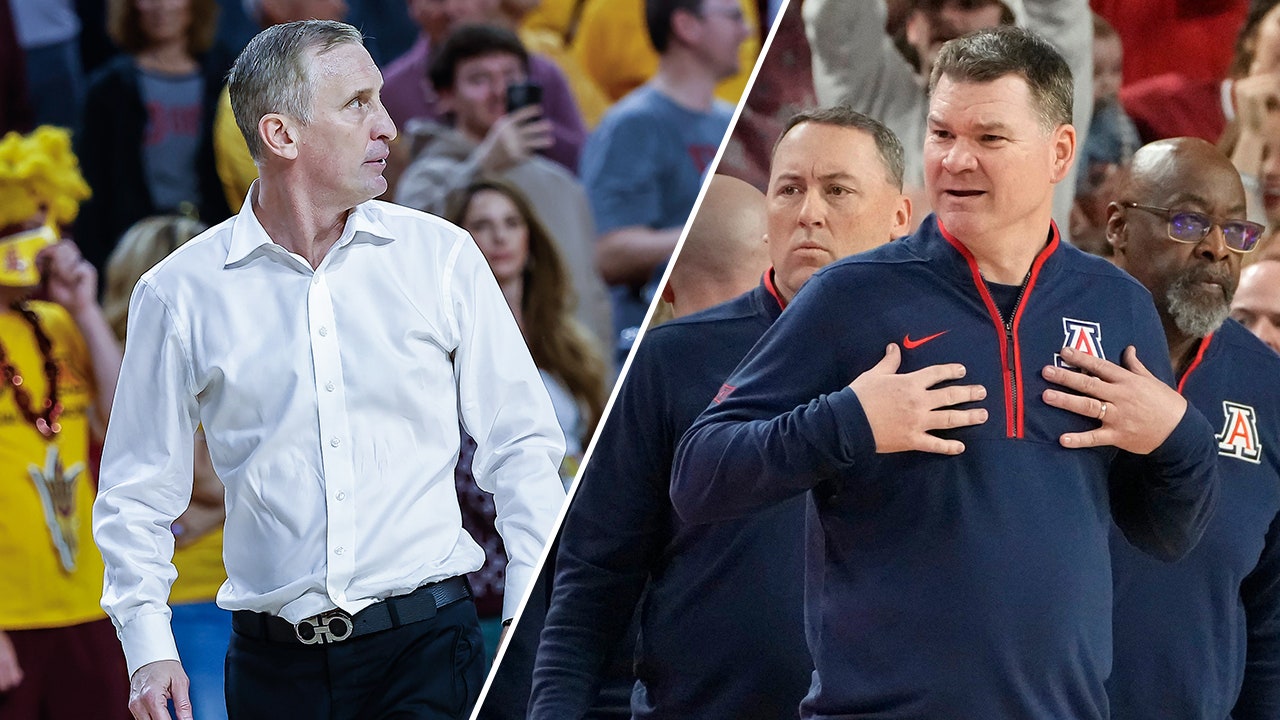“I feel like I've waited my whole life for this moment,” says the 20-year-old Venezuela star
Joaquina wishes she could revisit the time she spent in that rare middle ground between girlhood and adulthood. She’s 20 now, and she knows she’s going to keep changing and maturing, but she wants to remember the years she spent growing up forever.
The pop star’s second album, Al Romper la Burbuja, is a snapshot of that period, capturing Joaquina when, as she puts it, she was “not big but not small” and “hypersensitive to the world.” The project — a followup to Los Mejores Años, which earned her a Latin Grammy win for Best New Artist in 2023 — stands true to her experiences and everything she’s learned up until today.
The idea behind the album, as the title suggests, was to break away from the things she was used to and to keep evolving — that’s why she named it Al Romper la Burbuja, or “bursting the bubble.” “Having your own bubble is to create your own universe with the things that make you happy and allow you to float through this world, which can be scary,” she says. “Here’s where I feel safe, and the album talks about what that is for me. There are a lot of reality checks and relief. But also insecurity.”
The album opens with an ultra-personal letter to herself, where she acknowledges her growth and the journey she’s been on thus far. It aligns with a new era of Latina singer-songwriters baring it all in their music unapologetically. There’s a lyric in the bridge for “Carta (A Mi)” that Joaquina considers the “nucleus” of the project: “I promise to always protect that little-girl innocence/To be naive and a realist at the same time/Knowing how to walk that line.”
Joaquina stays true to that feeling across the album, as she sings about love lost and the woes of friendship heartbreaks. She blends rawer, folky fiddles with distorted synths, pulling inspiration from musicians across the gambit — Joni Mitchell and Bob Dylan to Juan Luis Guerra and early Shakira. “It’s a mix of all of those worlds,” she says.
Editor’s picks
The singer made most of the project in a Miami studio alongside her mentor, Julio Reyes Copello, who’s accompanied her musical career from the start. But for several of the tracks on the record, she teamed up with Rob Milton, an unexpected producer for the young star. Milton, who’s worked with the 1975 and doesn’t speak Spanish, brought a new layer to the music she made. “He was able to find a different emotional POV to the music,” she says. Joaquina, a credited co-producer on every track, is also credited as the sole producer behind “Matices,” one of the LP’s standouts. “It’s me saying, ‘F that, I can do whatever the hell I want,’ “ she says.
Known for ultra-specific songwriting, Joaquina says she allowed herself to be “super poetic and ethereal” in her approach this time around. She points to “Foto de Nosotros,” which she says captures her feelings of wanting to stick to her memories. “I wish I could stop time and live life and that’s why I take so many photos from my entire adolescence,” she says. “This song is about living in a photo and staying in that moment forever.”
Another song, called “El Alquimista,” was inspired by Paulo Coelho’s The Alchemist. She retook the book’s title as a euphemism for God as she reflected on her own life and the turmoil that’s affected Venezuela. “I was thinking to call Him the architect or the creator or the painter, but an alchemist is someone that turns stone into gold,” she says. I feel like that’s a very big testament of what God is.” She also incorporated quintessentially Venezuelan instruments such as the cuatro and the harp on the track.
For Joaquina, these songs are a celebration of her journey thus far. “I feel like I’ve waited my whole life for this moment,” she says. “It’s the first time that I found myself.”

 3 hours ago
1
3 hours ago
1
















.png)

.png)
.png)
.png)













 English (US) ·
English (US) ·  Hindi (IN) ·
Hindi (IN) ·